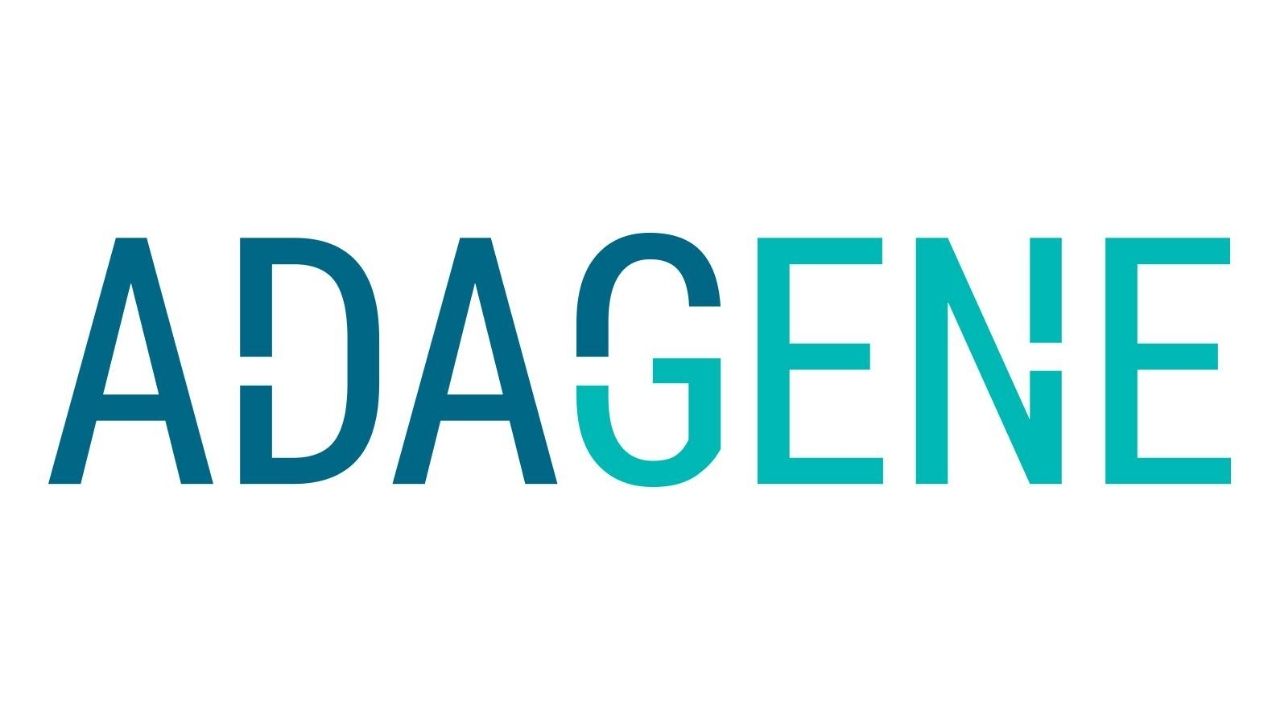Adagene Inc., a platform-driven, clinical-stage biopharmaceutical company committed to transforming the discovery and development of novel antibody-based immunotherapies, today announced that it has entered into a third clinical trial collaboration and supply agreement with Merck (known as “MSD” outside the United States and Canada). The agreement includes an open-label, dose-escalation, and expansion clinical study of ADG106 in combination with Merck’s anti-PD-1 KEYTRUDA (pembrolizumab) in advanced or metastatic solid and/or haematological malignancies (ADG106-P2001/KEYNOTE-D12). This clinical study builds on the promising monotherapy and combination therapy data from a Phase I trial of ADG106. Engineered using Adagene’s proprietary NEObody platform technology, ADG106 is a fully human, ligand-blocking, agonistic anti-CD137 immunoglobulin G4 (IgG4) monoclonal antibody (mAb).
“We are excited to continue our partnership with Merck in a third clinical collaboration that now combines our anti-CD137 agonist, ADG106, with KEYTRUDA,” said Peter Luo, Ph.D., Co-founder, Chief Executive Officer, and Chairman of Adagene.
“While PD-1 drugs have advanced the cancer treatment paradigm, there are still a substantial number of patients with advanced metastatic solid and hematological malignancies who either relapse or are unresponsive, highlighting the need for new approaches. ADG106 targets a unique and highly conserved epitope with a novel mechanism of action and broad species cross reactivity, which enables testing in immunocompetent hosts. In multiple syngeneic models, we have shown a strong additive effect between ADG106 and anti-PD-1/PD-L1 agents.”
“We look forward to working closely with Merck and combining ADG106 with KEYTRUDA”, said Steven Fischkoff, M.D., interim Chief Medical Officer of Adagene. “Together with our novel mechanism of action, extensive preclinical and strong clinical data generated to date, we believe ADG106 is an ideal candidate to combine with an anti-PD-1 antibody to potentially create a new therapeutic option for cancer patients with unmet medical needs.”

 Latest Pharma Update
Latest Pharma Update










.jpeg)







.jpeg)

.jpg)










